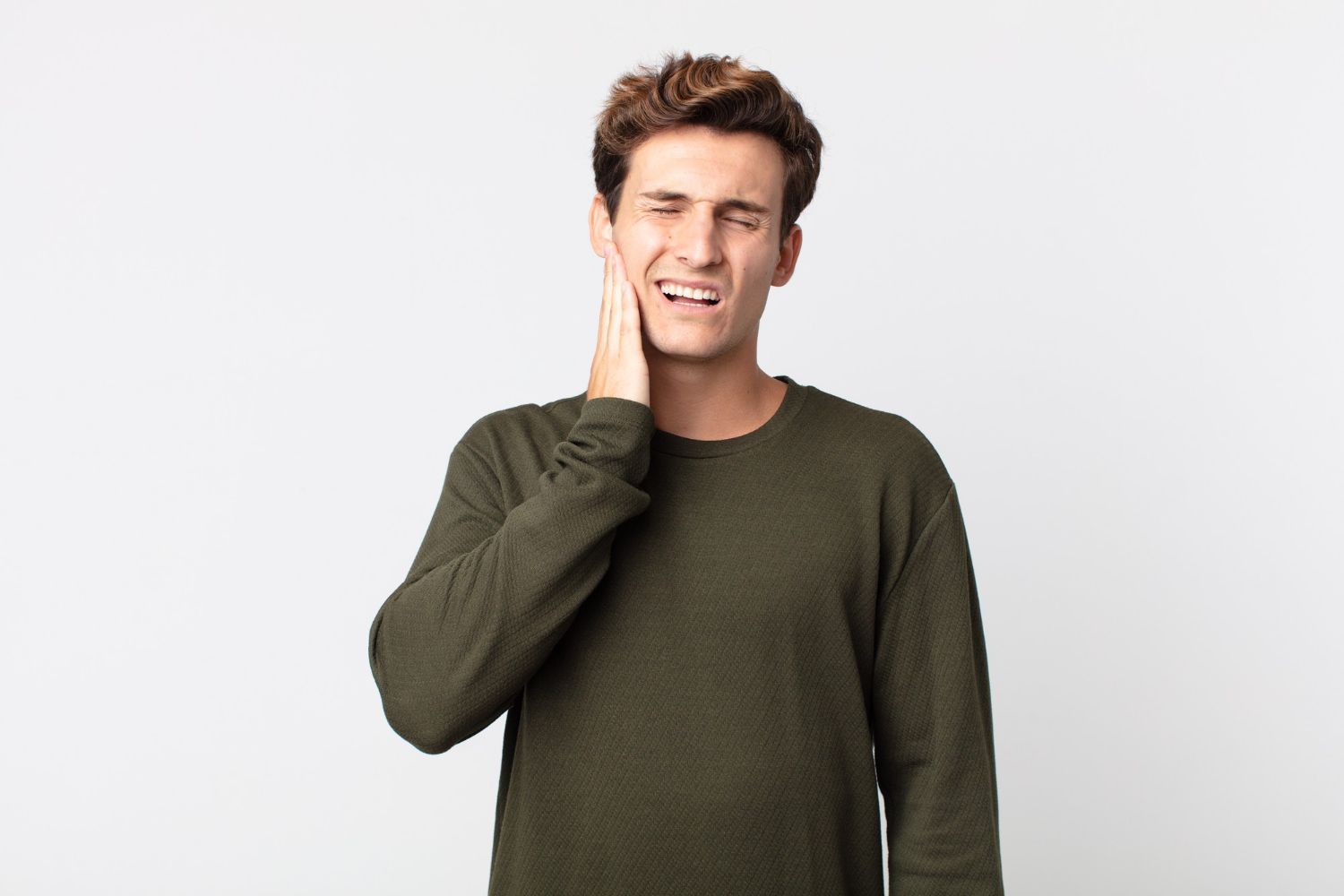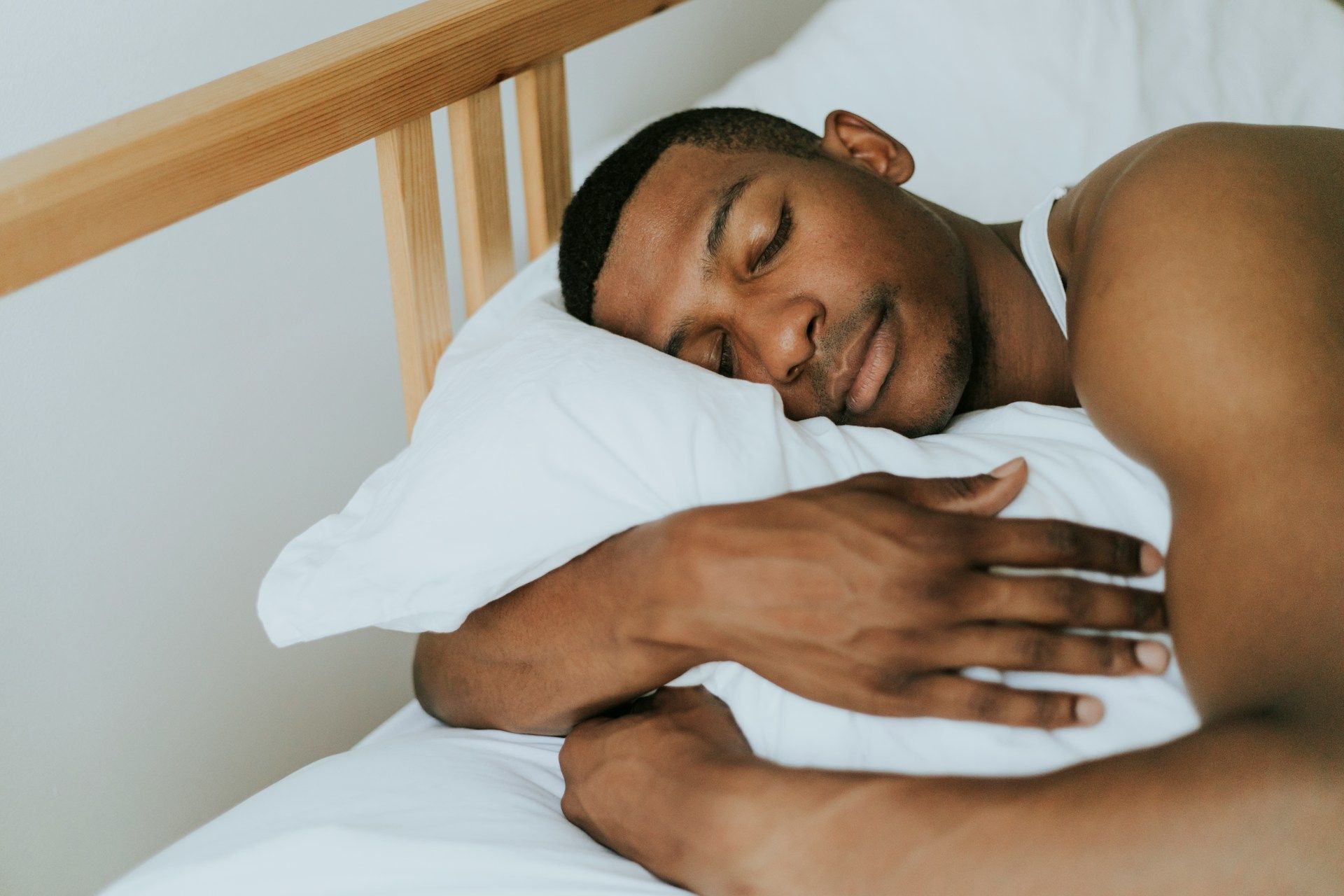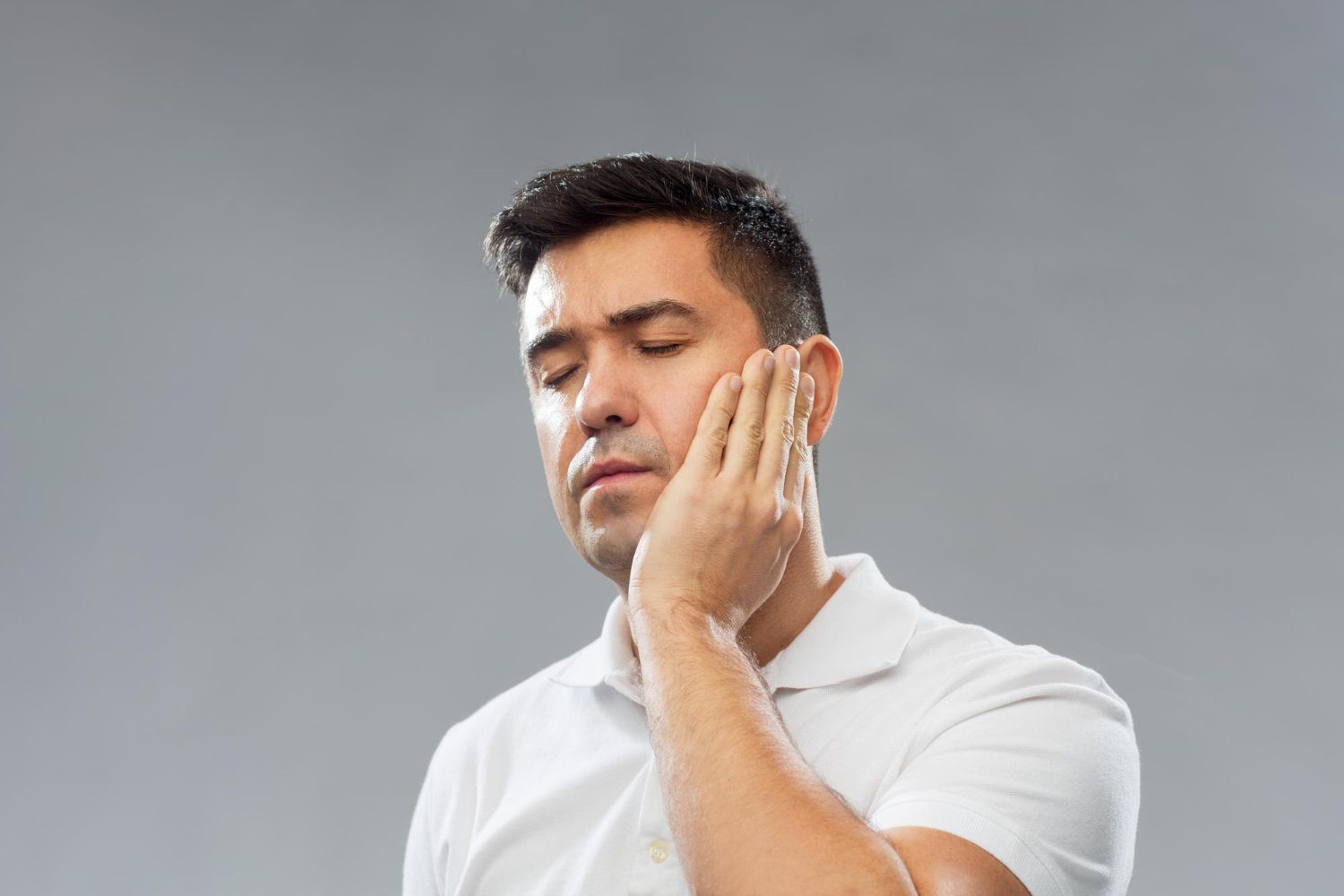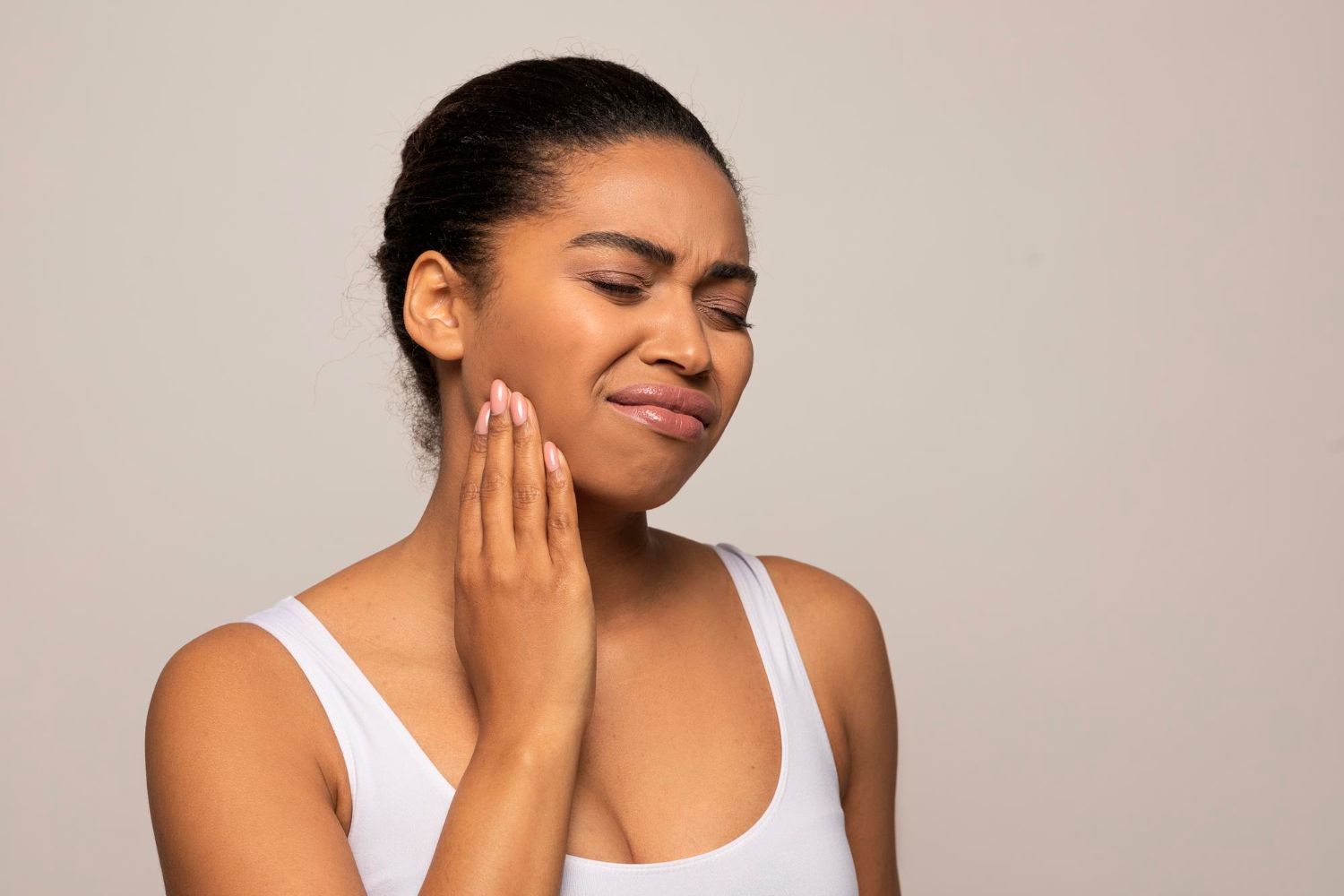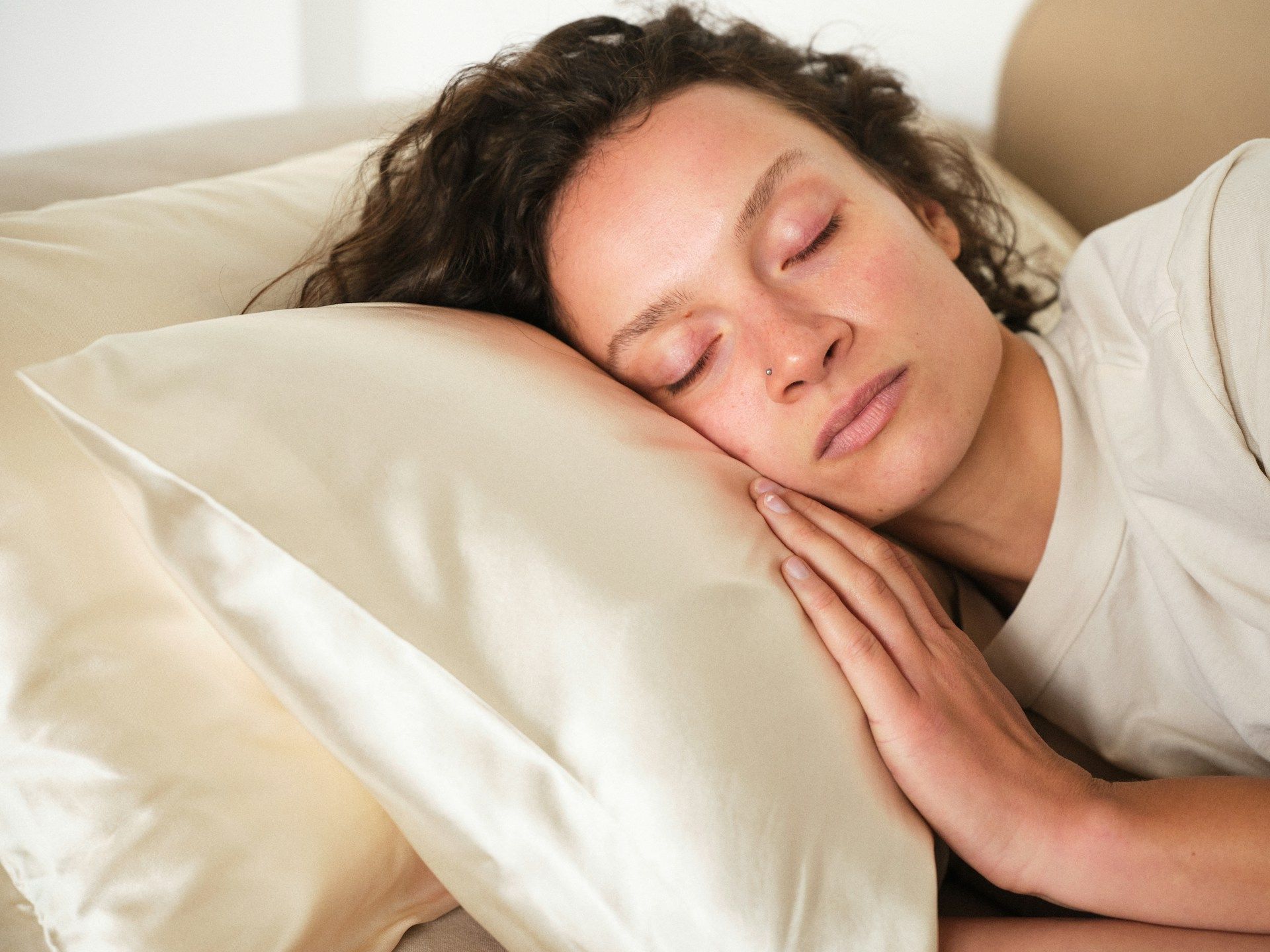Sleep Hygiene: Essential Tips for Sleep Apnea and TMJ Disorder Patients

At CSAT Meridian - The Center For Sleep Apnea and TMJ in Meridian, ID, our dedicated team is committed to providing comprehensive care and support for individuals facing sleep apnea, snoring, TMJ disorders, and head and facial pain. We recognize that effectively managing these conditions requires a multidimensional approach that encompasses medical interventions, lifestyle adjustments, physical activity, and stress management, along with another crucial, often overlooked aspect - sleep hygiene.
Sleep hygiene refers to practices and habits that support healthy and restorative sleep, which is vital for overall well-being and effective symptom management in sleep apnea and TMJ disorder patients. Poor sleep hygiene can exacerbate the already challenging symptoms of these conditions, impacting daytime functioning, mood, and the body's ability to heal. Conversely, good sleep hygiene has the potential to significantly improve the quality of sleep, contributing to reduced pain, better symptom management, and overall improved well-being.
In this informative blog post, we will delve into the importance of sleep hygiene for sleep apnea and TMJ disorder patients, offering practical tips for optimizing your sleep environment and establishing a healthy bedtime routine. At CSAT Meridian - The Center For Sleep Apnea and TMJ in Meridian, ID, we believe in empowering our patients with a holistic approach to care and symptom management. Gaining a comprehensive understanding of sleep hygiene and implementing effective strategies to improve your sleep is a crucial step towards a better quality of life and successful management of sleep apnea and TMJ disorders.
Essential Sleep Hygiene Components for Sleep Apnea and TMJ Disorder Patients
Practicing healthy sleep hygiene involves several elements that work together to improve sleep quality, reduce nighttime symptoms, and support overall well-being. Here are four key sleep hygiene components for sleep apnea and TMJ disorder patients:
- Establish a Consistent Sleep Schedule
Consistency is a cornerstone of good sleep hygiene. Having a regular sleep schedule helps to regulate your body's natural sleep-wake cycle, known as the circadian rhythm. By going to bed and waking up at the same time each day, even on weekends, you can optimize your body's ability to fall asleep quickly and experience restorative sleep. In turn, this can support better symptom management for sleep apnea and TMJ disorder patients. - Create a Sleep-Friendly Environment
Your sleep environment can significantly influence the quality of your sleep. To create a sleep-friendly space that encourages rest and relaxation, consider the following factors: - Temperature: A cool room temperature, typically around 65 degrees Fahrenheit, is generally considered optimal for sleep. Experiment with thermostat settings to find the ideal temperature for your comfort.
- Noise: Eliminate or reduce noise disruptions by using earplugs, a white noise machine, or other sound-dampening measures.
- Lighting: Keep your sleeping space as dark as possible using blackout curtains or blinds or consider using a sleep mask to block out unwanted light.
- Bedding: Ensure your mattress, pillows, and bedding are comfortable, clean, and supportive. For TMJ disorder patients, consider using a cervical pillow designed to support the neck and alleviate pain related to jaw misalignment.
- Develop a Relaxing Bedtime Routine
A calming pre-sleep routine can signal your body that it's time to wind down and prepare for sleep, helping to improve sleep onset and quality. Try incorporating some of the following activities into your nightly routine: - Reading: Engage in a calming activity such as reading a book or listening to an audiobook before bed.
- Meditation: Practicing mindfulness meditation or gentle breathing exercises can help soothe the mind and ease tension, making it easier to fall asleep.
- Stretching: Gentle stretches, particularly those targeting the head, neck, and jaw, can help TMJ disorder patients alleviate muscle tension and prepare for sleep.
- Aromatherapy: Experiment with essential oils or scented candles, such as lavender or chamomile, to create a relaxing ambiance conducive to sleep.
- Avoid Stimulants and Sleep Disruptors
Certain substances can impede your ability to fall asleep and stay asleep, exacerbating sleep apnea and TMJ disorder symptoms. To promote better sleep hygiene, steer clear of the following sleep disruptors: - Caffeine: Limit consumption of caffeinated beverages such as coffee, tea, and soda, especially in the afternoon and evening.
- Alcohol: While alcohol may initially seem to promote sleep, it can actually lead to fragmented sleep and worsened sleep apnea symptoms as it relaxes the upper airway muscles. Limit or avoid alcohol close to bedtime.
- Nicotine: As a stimulant, nicotine can reduce the quality of your sleep. Consider quitting or cutting back on smoking to improve sleep hygiene.
The Importance of Addressing Sleep Hygiene in Sleep Apnea and TMJ Disorder Management
As a sleep apnea or TMJ disorder patient, focusing on sleep hygiene is essential for effective symptom management and overall well-being. Improved sleep quality can contribute to reduced daytime sleepiness, better mood, and enhanced daily functioning. By incorporating healthy sleep habits and working closely with your healthcare provider, you can establish a robust foundation for managing your condition and enhancing your quality of life.
Conclusion
Practicing good sleep hygiene is a crucial component of any comprehensive treatment plan for managing sleep apnea and TMJ disorders. By establishing a consistent sleep schedule, creating a supportive sleep environment, developing a relaxing bedtime routine, and avoiding sleep disruptors, patients can significantly improve sleep quality, better manage their symptoms, and experience overall improved well-being.
At CSAT Meridian - The Center For Sleep Apnea and TMJ in Meridian, ID, our dedicated team is committed to empowering our patients with the knowledge and tools necessary to
improve sleep and lead healthier, more restful lives.

